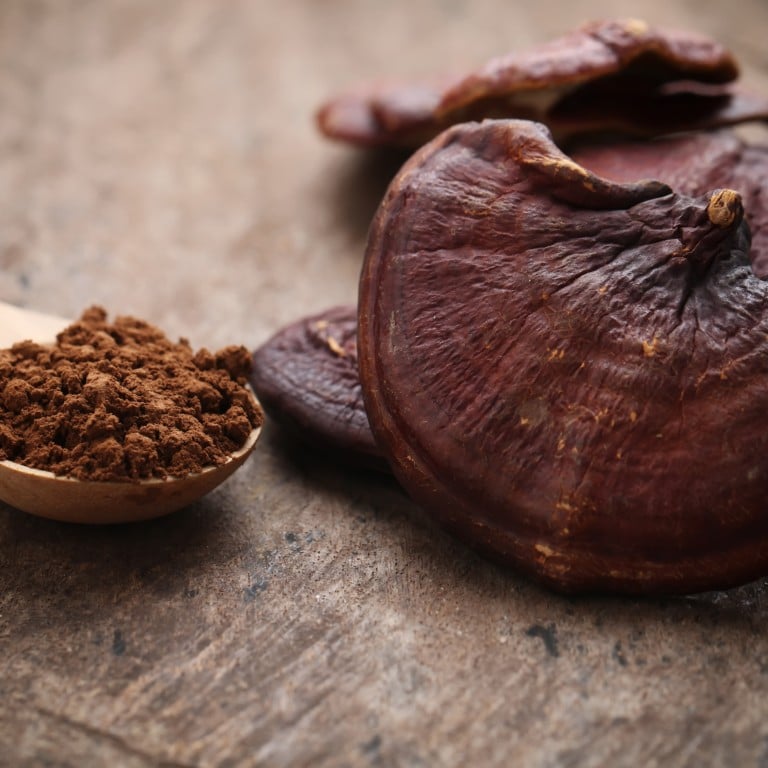
The ABC of adaptogens and why they are a wellness trend: mushrooms, herbs and roots used for centuries in Ayurveda and traditional Chinese medicine good for anxious times
- Ginseng, holy basil and reishi mushrooms are all examples of adaptogens, used by Ayurvedic healers to restore vitality and in Chinese medicine as qi tonics
- Adaptogens are believed to benefit the whole body, to increase resistance to stress and relieve conditions such as asthma, diabetes, insomnia and intestinal gas
In these anxious times, it’s no surprise that adaptogens, plant-based substances that help the body adapt to stress and other ailments, are set to lead wellness trends in the coming years.
The Adaptogens – Global Market Outlook (2019-2027) report put their market value at US$9.8 billion in 2019, and said it is expected to reach US$19.2 billion by 2027. American grocery chain Whole Foods Market included adaptogens as one of its top food trend predictions for 2021.
What are adaptogens?
“Adaptogens help the body achieve balance and their healing role has been verified over time,” says Grace Yu, a TCM practitioner at Balance Health in Hong Kong.
“Now we’re seeing a revival of these plants, with more people using them to support their health.”

“In TCM, they’re known as qi tonics and in Ayurveda, rasayanas – rejuvenating herbs that restore the body’s qi, prana or ‘vitality’ and normalise physical, emotional and spiritual imbalances,” Lee says.
“Eastern medicine revolves around treating the ‘whole person’ rather than a singular disease, and so herbs that were effective at restoring imbalances, irrespective of the nature of disease, were highly sought after.”
Ayurveda solved his problems, so Singaporean launched Ayurvedic company
Chinese ginseng is commonly used to increase mental and physical stamina and resilience, says Lee. In TCM, it’s said to help with symptoms of qi (energy) deficiency, such as shortness of breath, shallow breathing, “coldness” in the limbs and general weakness.
Yu uses schisandra in her practice. “It’s warm in nature, with a sweet and sour taste,” she notes.
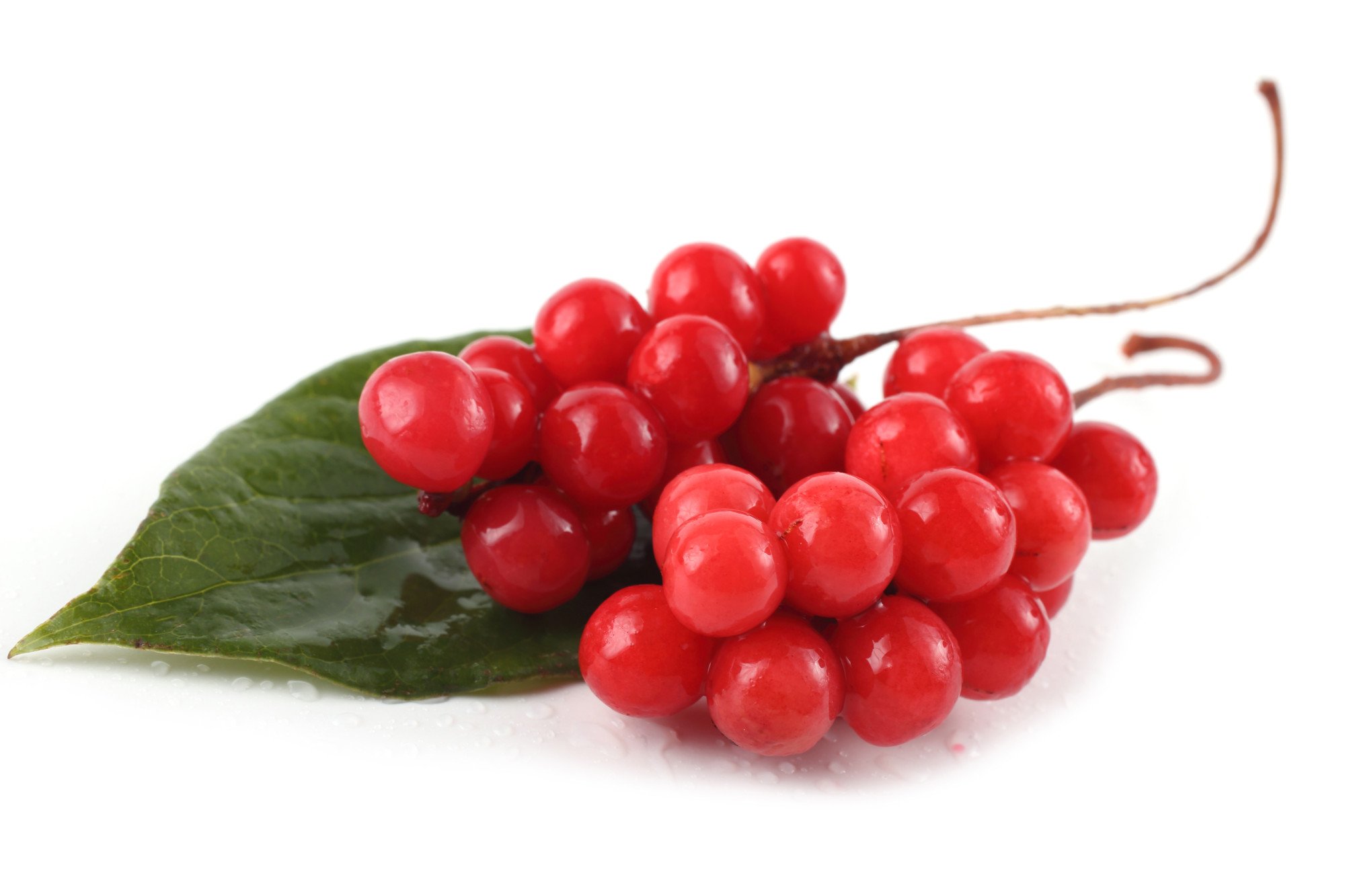
“This fruit nurtures the heart, lung and kidney meridian. It is commonly used with dwarf lilyturf and ginseng to treat people with dry mouth and diabetes.
“It’s also used with different herbs to improve chronic cough and asthma.”
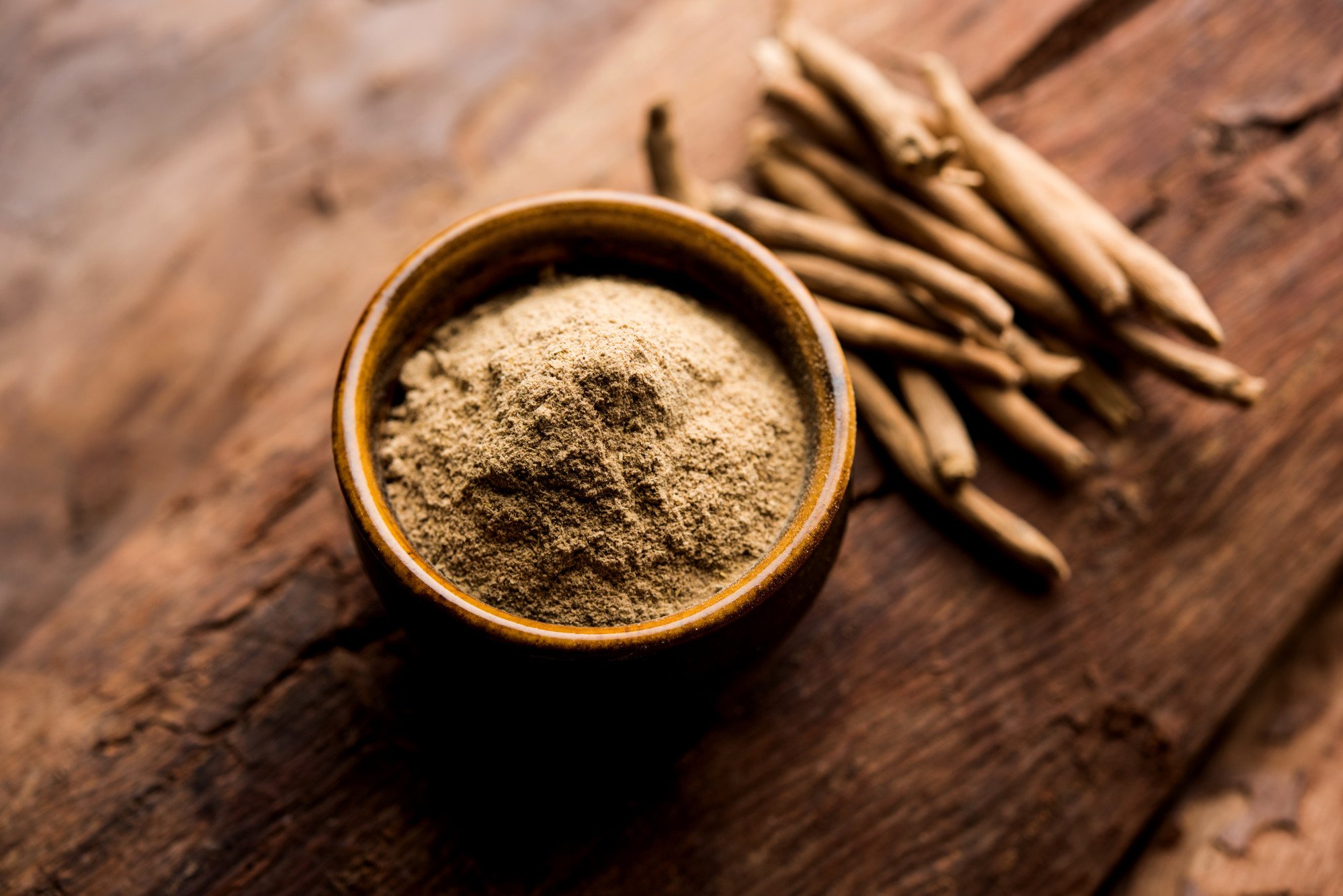
How adaptogens may benefit us
“Adaptogens are believed to increase resistance to stress,” says Lee. “Stress affects various systems and pathways in the body, and adaptogens increase our adaptability and resilience to the effects of stress by activating pathways in the hypothalamic-pituitary axis (HPA) and sympathoadrenal system (SAS).
“They have the ability to affect the endocrine system, which is in charge of hormones that regulate metabolism, energy, reproduction, growth, mood and stress, and the nervous system, which includes the brain and the nerves,” Lee says.
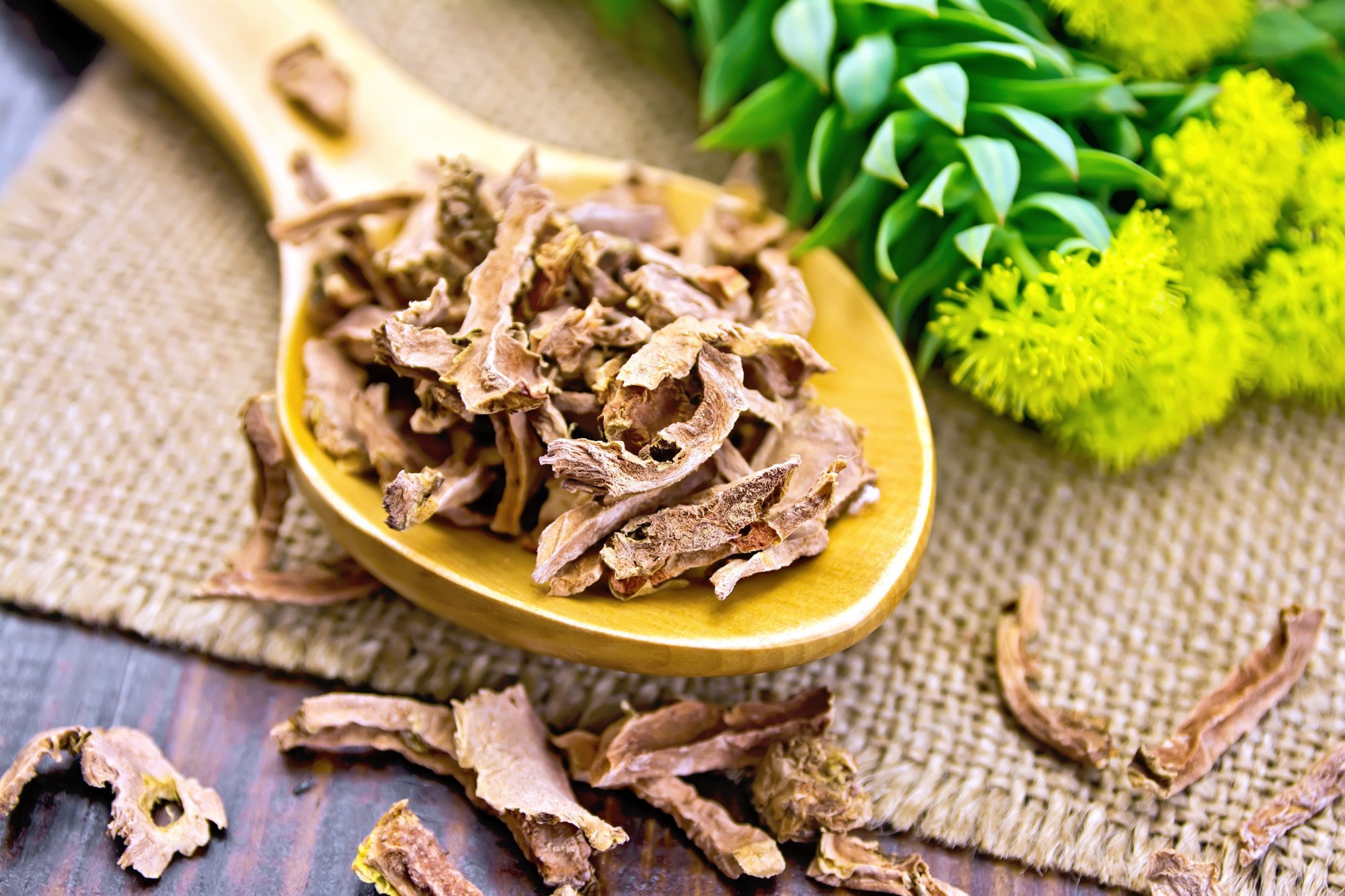
“Adaptogens can act on the whole body through these systems. They can reduce the severity of our response to stress, improve our ability to adapt to stressors, and normalise the imbalances brought about by the stress response.”
TCM practitioners take a more holistic view of adaptogens. Yu says that the plants are used to promote harmony between the organs, qi, blood, temperature inside and outside the body, and energy fluidity and stability. In this way, they can increase the body’s self-healing ability, restore balance in the lymphatic system, immune and nervous systems and regulate emotions.
13 things you may not know about Ayurveda
The use of adaptogens isn’t limited to treating or managing ailments. They are also effective at supporting our health, especially during periods of healing and in times of increased physical or emotional stress.
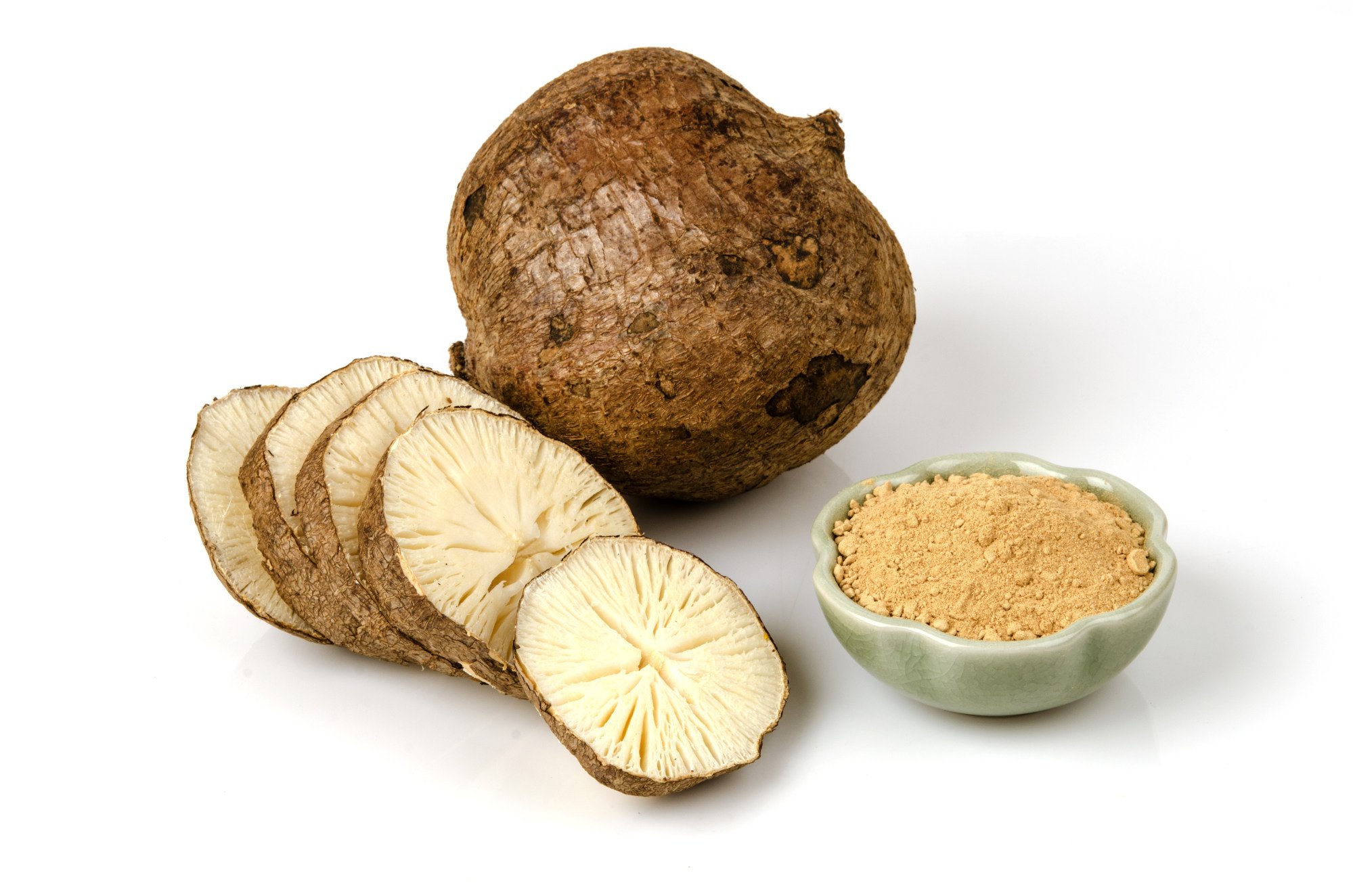
Consuming adaptogens
Adaptogens are commonly consumed directly as a food, in soups for example. They can also be taken in capsule, tablet or tincture form. The tablets are usually made from dried powdered herbs, which Lee says are convenient if you’re on the go and need to take extra doses during the day.
“One big advantage of the liquid herbal extract, or tincture, is that the formula can be customised to suit your needs,” she says. “If you have difficulty swallowing capsules, the liquid extracts are also easy to take.”
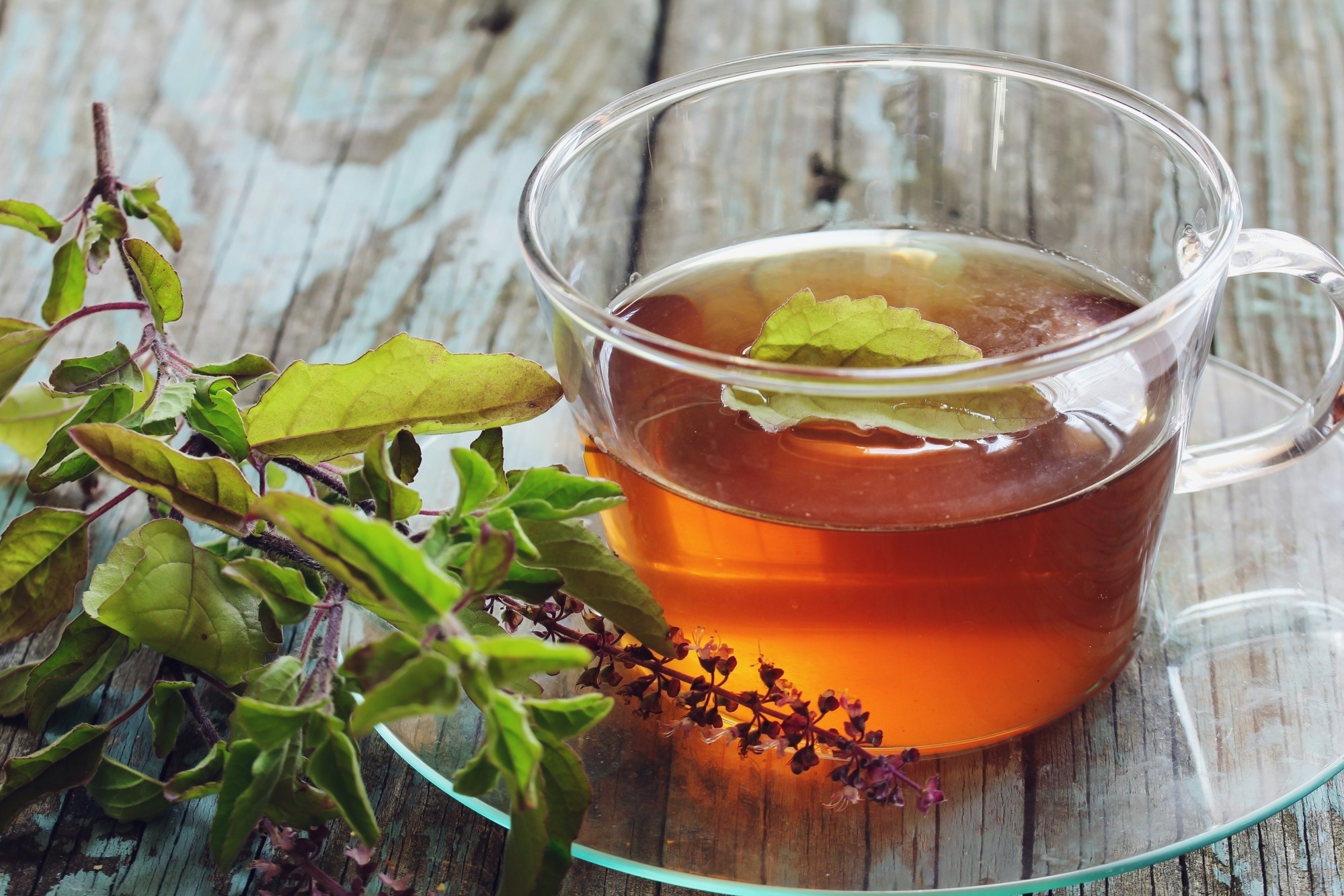
Adaptogenic drinks and powders have been showing up in health food stores. American company MUD\WTR, for instance, specialises in adaptogenic drink powders.
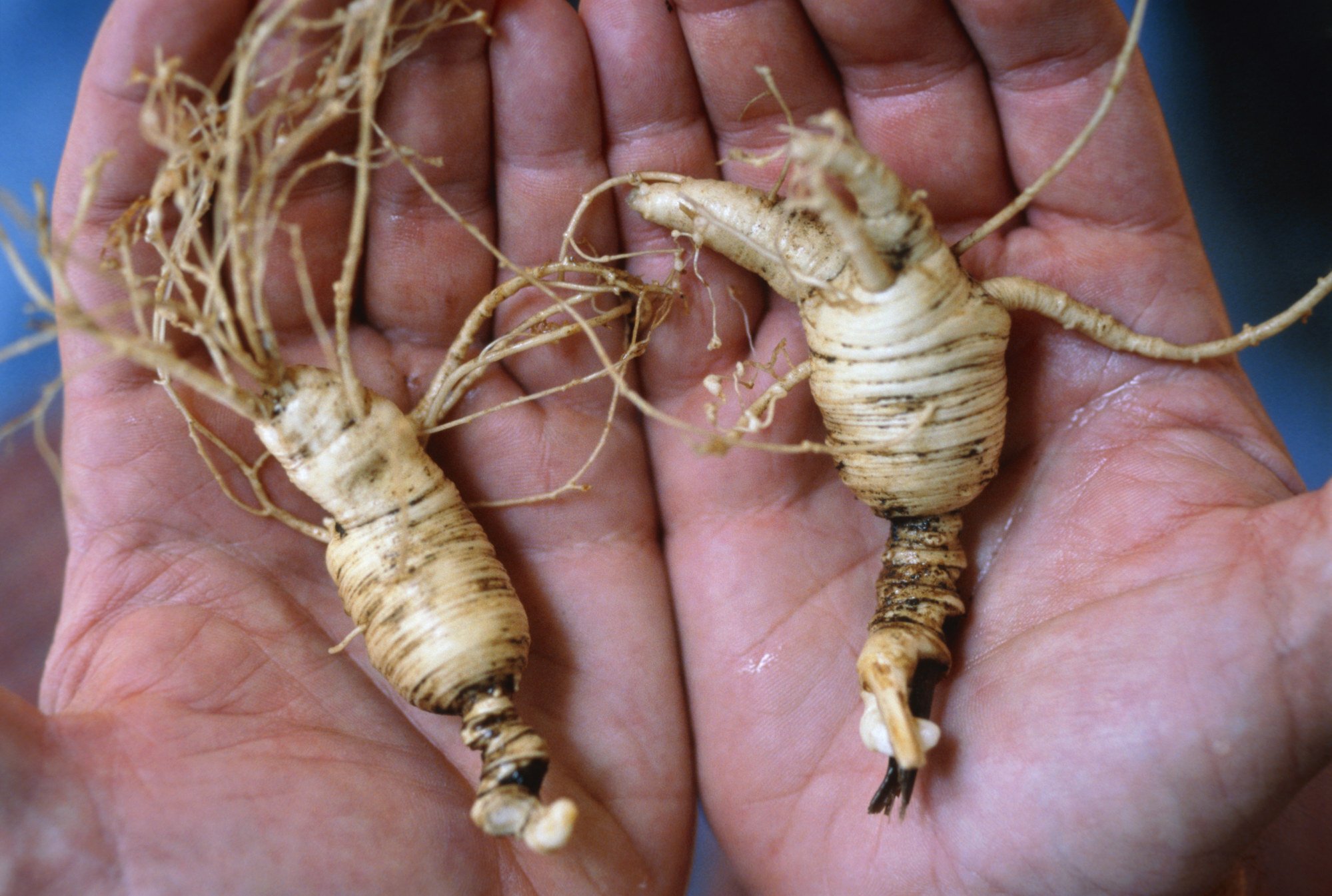
Risks and side effects
Adaptogens may not be ideal for people who take psychoactive drugs or medications for chronic disease.
Lee says that people with manic episodes, hyperactivity and attention deficit hyperactive disorder should be cautious about taking any stimulants, including adaptogens, as they may become more excitable. If you have hypertension, you should be monitored, and any adaptogens you take carefully selected.
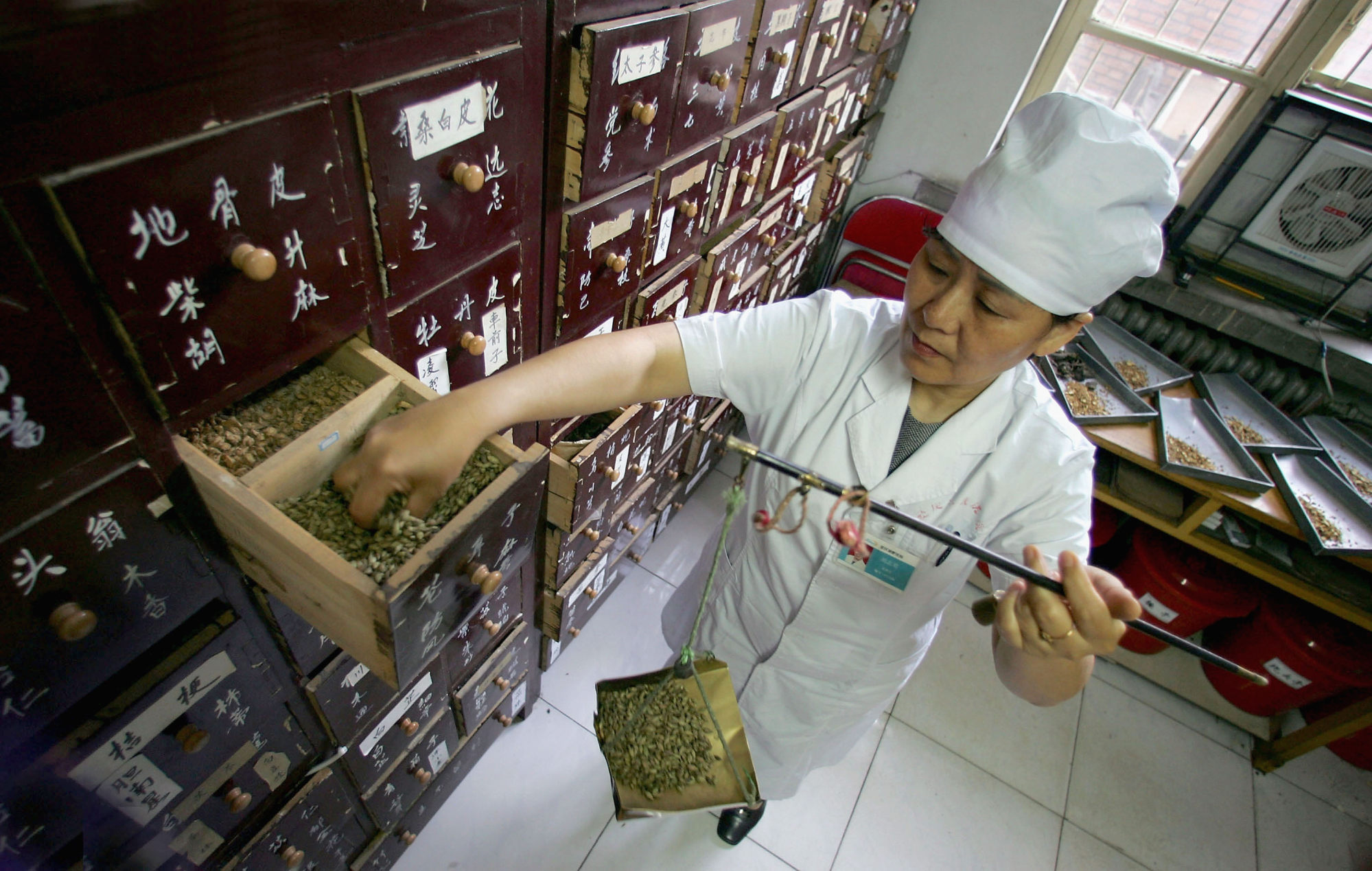
Herbs, soups and teas, however, are usually milder, so Yu says that they can be taken daily.
“Make sure the products are approved by the relevant food safety organisations and include dosage instructions. Check the source of the adaptogen and look at whether the ingredients are natural or synthetic.”
Do not take more than the recommended dose of any adaptogenic product, to avoid the risk of heart palpitations, hypertension, insomnia, chest pain, headaches and nosebleeds.

Some adaptogens are fine for long-term consumption, especially if you need continued support for stress, but Lee says it’s good to take short breaks from them and try other stress-relieving therapies every now and then.
She warns that adaptogens like Chinese ginseng, which are useful at helping you adapt to short-term stress, aren’t suitable for continuous long-term use, as that may lead to dependence, burnout, hormonal changes or slower performance because of its effects on cortisol.
The body isn’t designed to deal with extended periods of extreme stress. If you’re experiencing stress, it’s important to address the cause of it, otherwise adaptogens are merely a plaster for the symptoms.
The warning signs of stress, how it can make you ill and what to do
Ultimately, although adaptogens have their purpose, the key to staying healthy is to look after yourself, says Yu.
“Health supplements offer some support, but we cannot ignore the basic health principles of regular exercise, a wholesome diet, having a positive outlook and adequate rest.”

